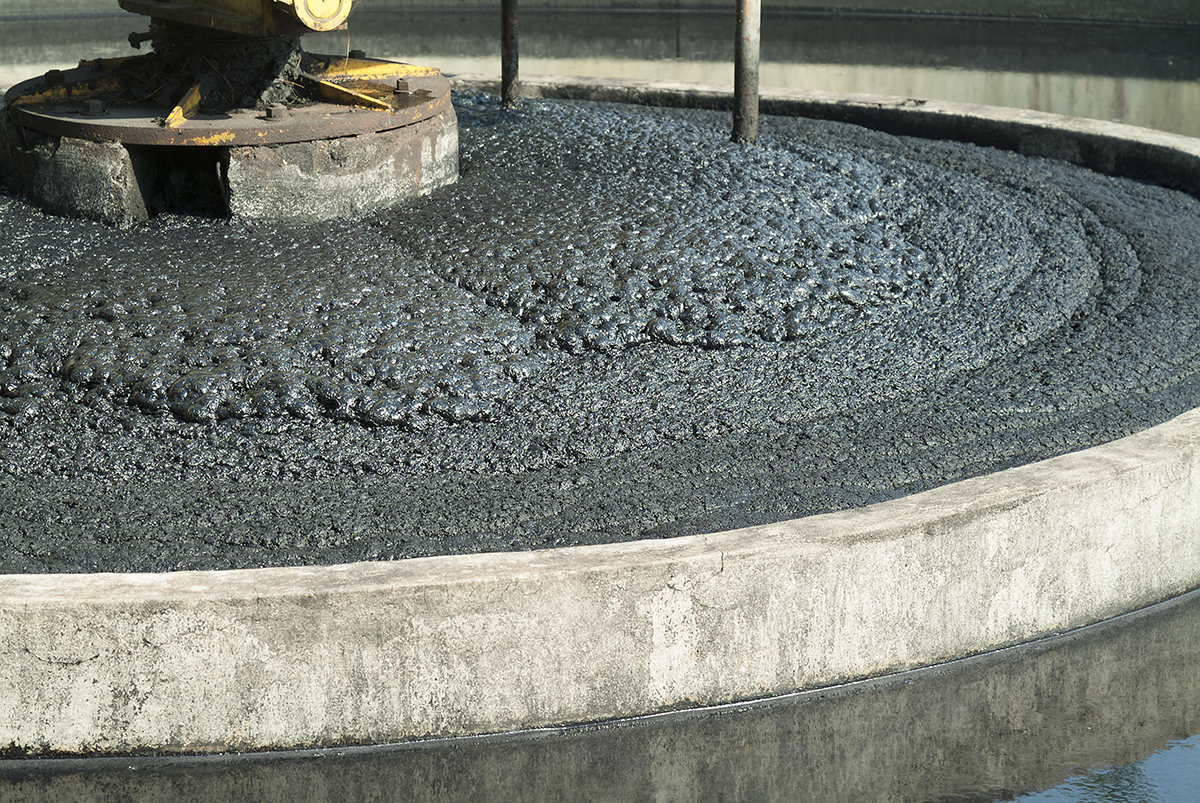Turning waste into a valuable resource is no longer just an environmental ambition—it’s now a national priority in Morocco. That message came through loud and clear at a recent workshop in Rabat focused on rethinking how treated sewage sludge can be used to boost agricultural productivity. Government officials, environmental experts, and international partners all agreed: the time has come to formalize and scale up this largely untapped sector.
Speaking on behalf of the Ministry of Agriculture, Redouane Arrach emphasized that sludge from wastewater treatment holds significant potential to improve soil health, reduce dependency on synthetic fertilizers, and contribute to a more sustainable farming system. However, he made it clear that this can only happen if the material is processed to meet strict safety and environmental standards. His statement was delivered by Yassmina Kabdi, who heads the Ministry’s division for water and agricultural resources.
The Ministry of Energy Transition has also labeled this issue a strategic priority. Representing the department for Sustainable Development, Hafsa Lakhlifi relayed a message from Mohamed Ouahmid, who reminded attendees that Morocco has had a national sludge management strategy in place since 2010. That framework promotes multiple treatment methods—including composting, biogas production, and the rehabilitation of degraded land—to better integrate sludge into the country’s resource management plans.
Since 2016, this effort has been backed by Law 36-15 on water, which lays out clear rules for how treated sludge should be handled, depending on its intended use. The law also includes incentives designed to encourage recovery and reuse, rather than disposal.
Still, major obstacles remain. Technical shortcomings, insufficient infrastructure, and institutional bottlenecks have kept the sector from progressing at the pace many experts believe is necessary. Officials say overcoming these hurdles will require a more robust regulatory framework, stronger cross-sector coordination, and a greater emphasis on innovation and international cooperation.
Alexandre Anh Tài Huynh, the FAO’s representative in Morocco, pointed out that the country’s growing reliance on wastewater naturally leads to a rising volume of sludge—yet only a small fraction is being reused productively. He highlighted several promising pilot projects launched in partnership with the National Office of Electricity and Drinking Water. These initiatives have explored solar drying, composting, and energy recovery as potential ways to turn sludge into a usable agricultural input. The early results, he said, are encouraging.
Morocco currently operates more than 150 wastewater treatment plants, producing roughly 500,000 tons of sludge every year. Yet only a small portion of that volume is successfully repurposed for agriculture, leaving a significant resource largely untapped.
The Rabat workshop is part of the broader National Shared Sanitation Program, and its goal was clear: to bridge the gap between policy and practice. By aligning the recommendations from the 2024 national report with real-world feedback from the field, organizers hope to identify concrete steps for moving the sector forward. The ultimate aim is to build a lasting, well-regulated industry that can deliver both environmental and economic benefits.
